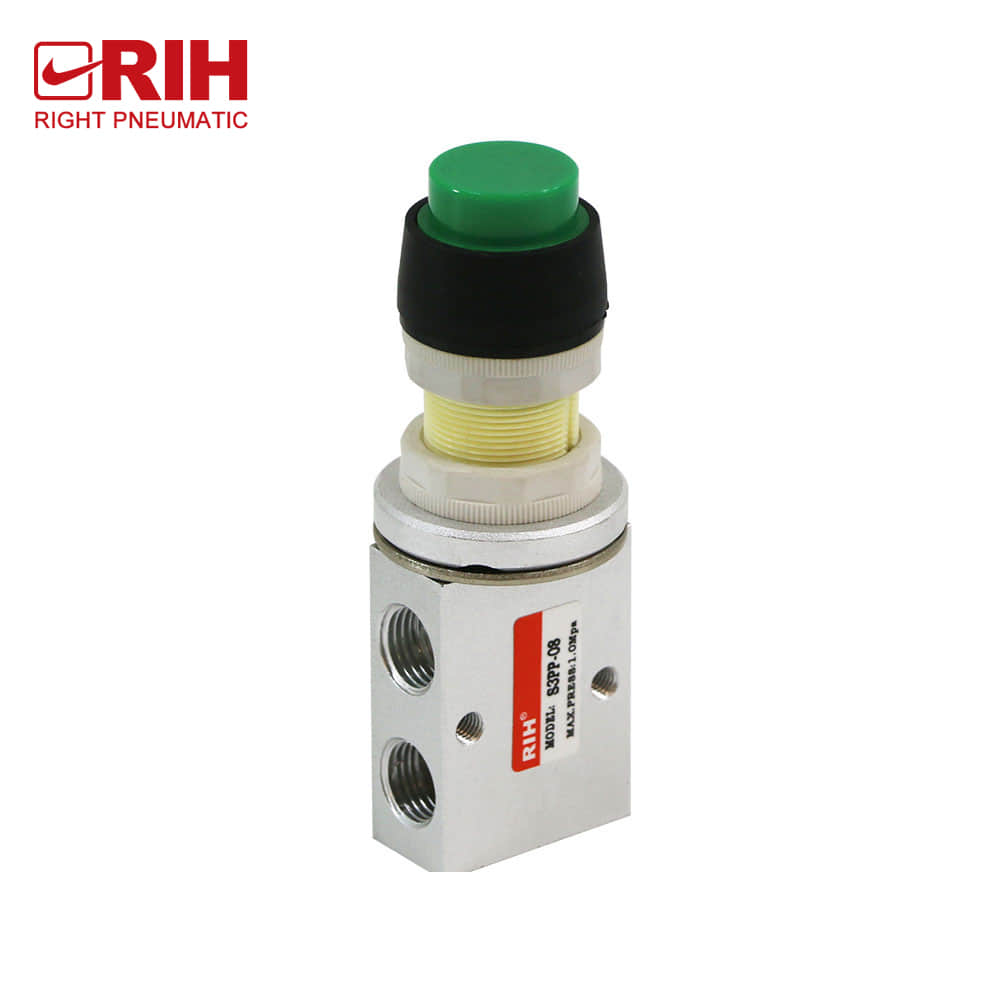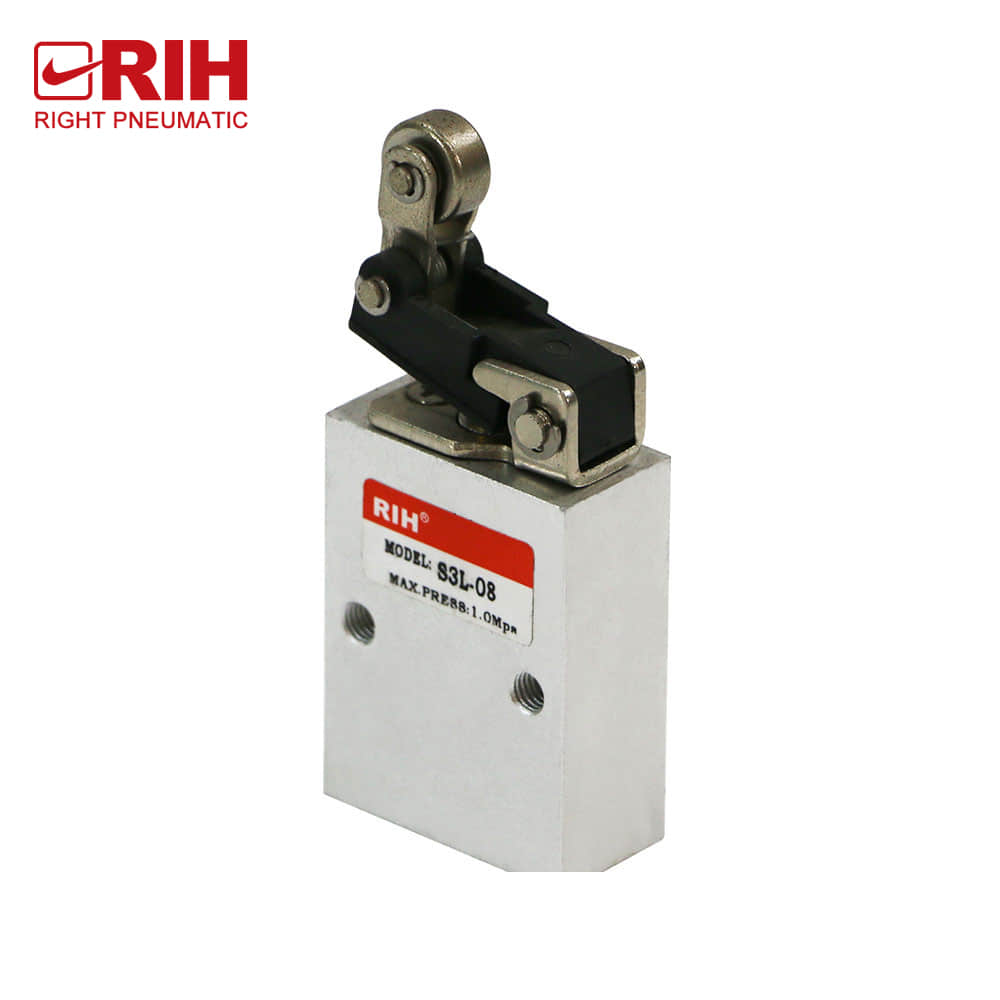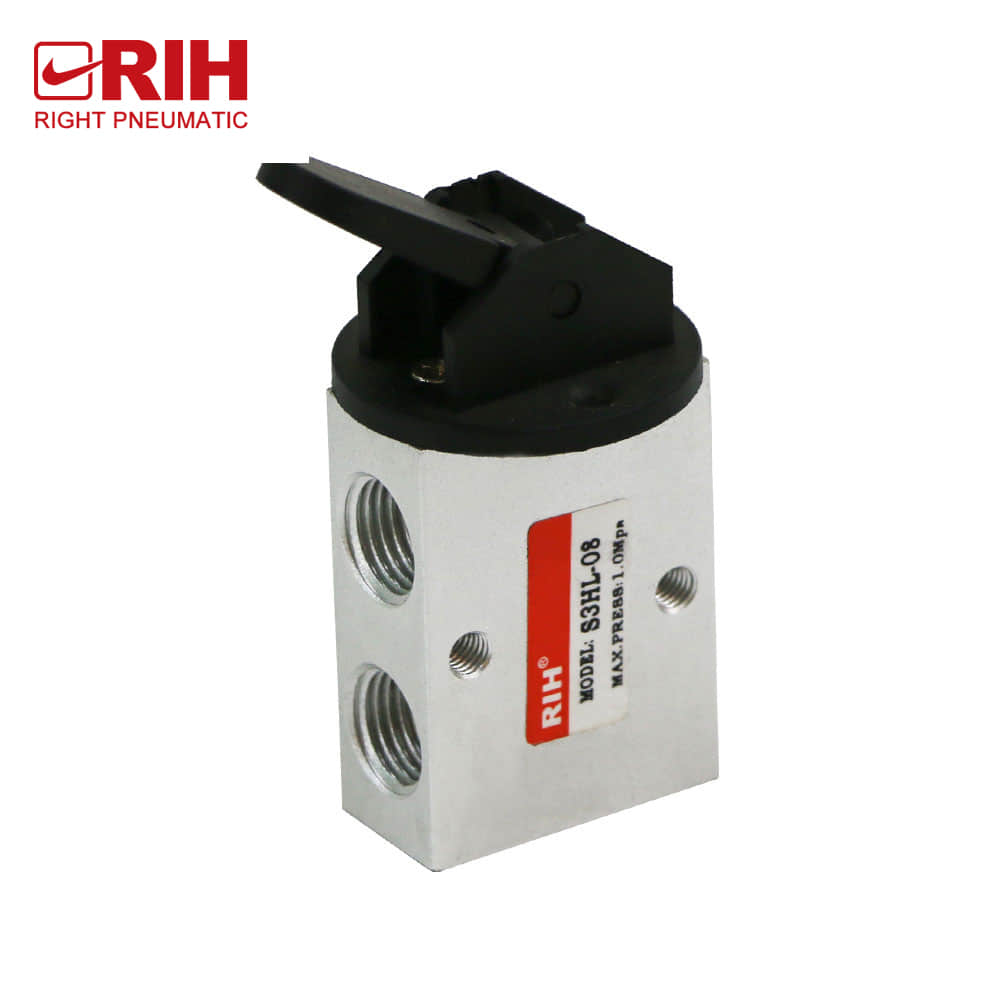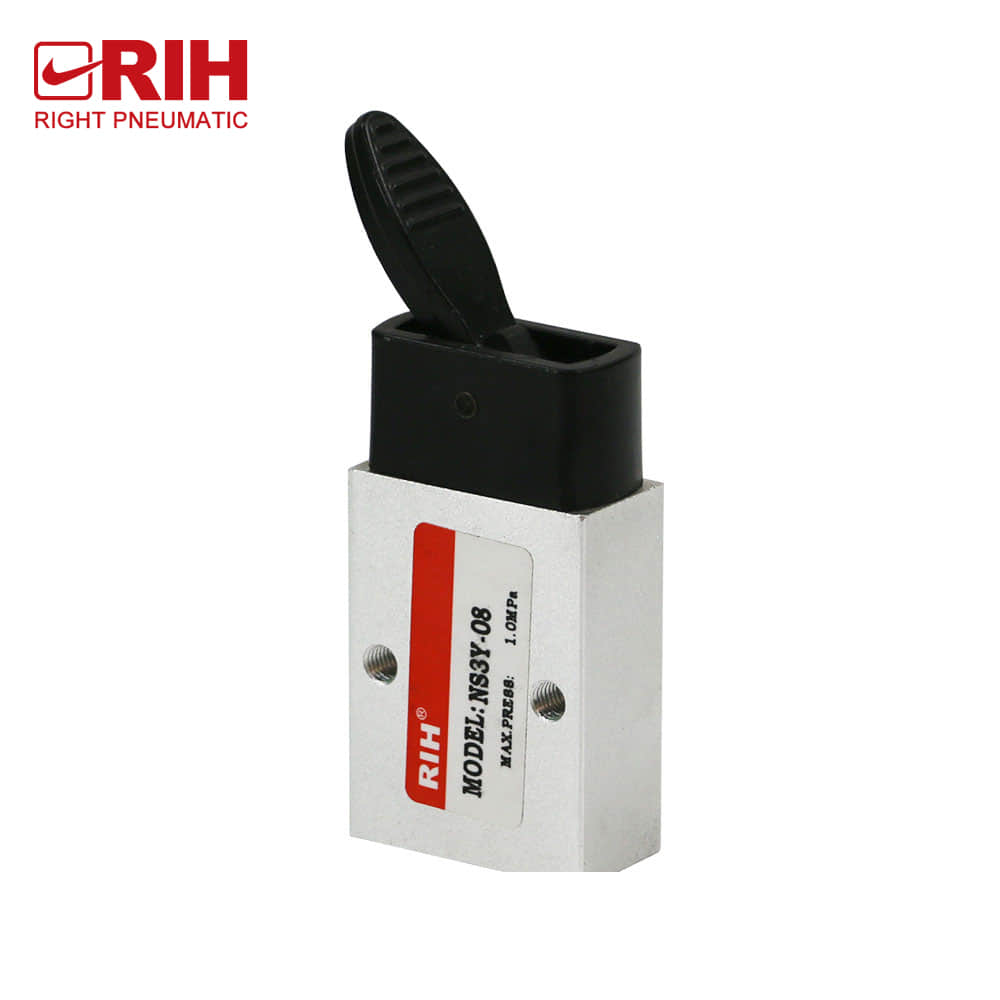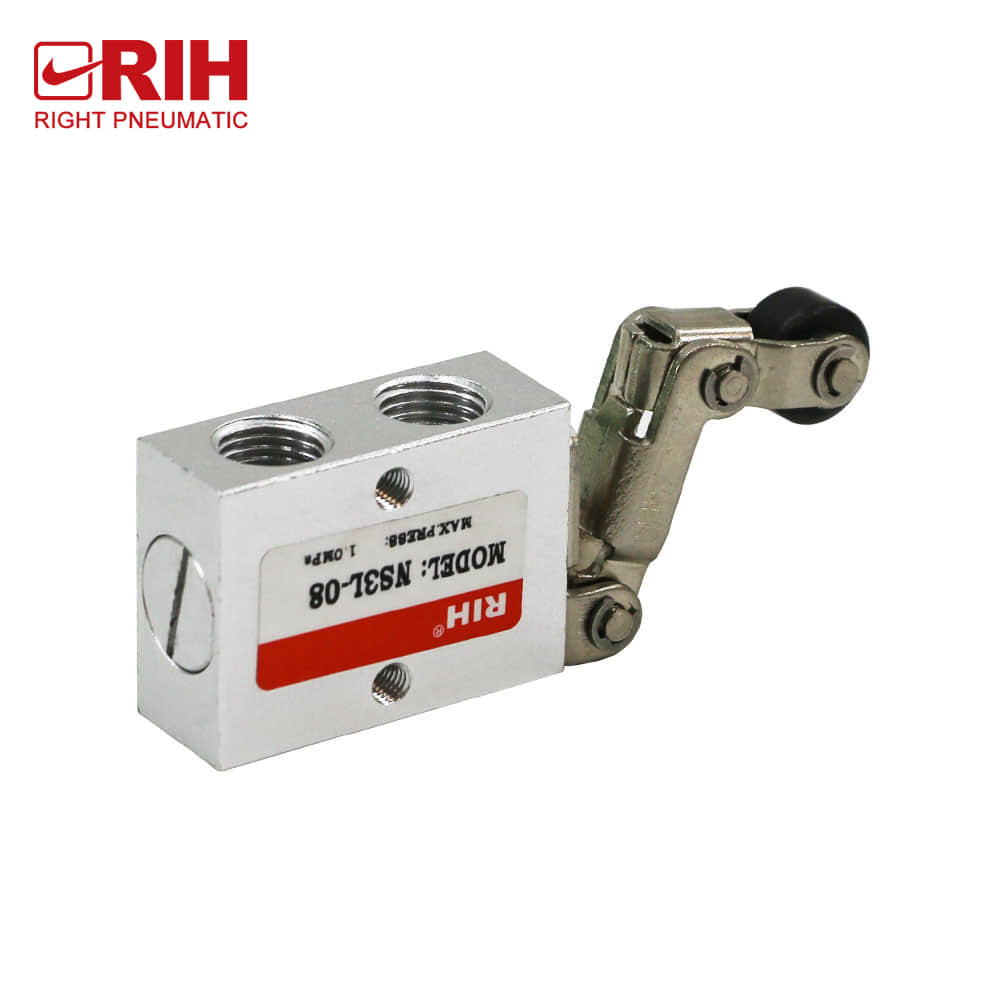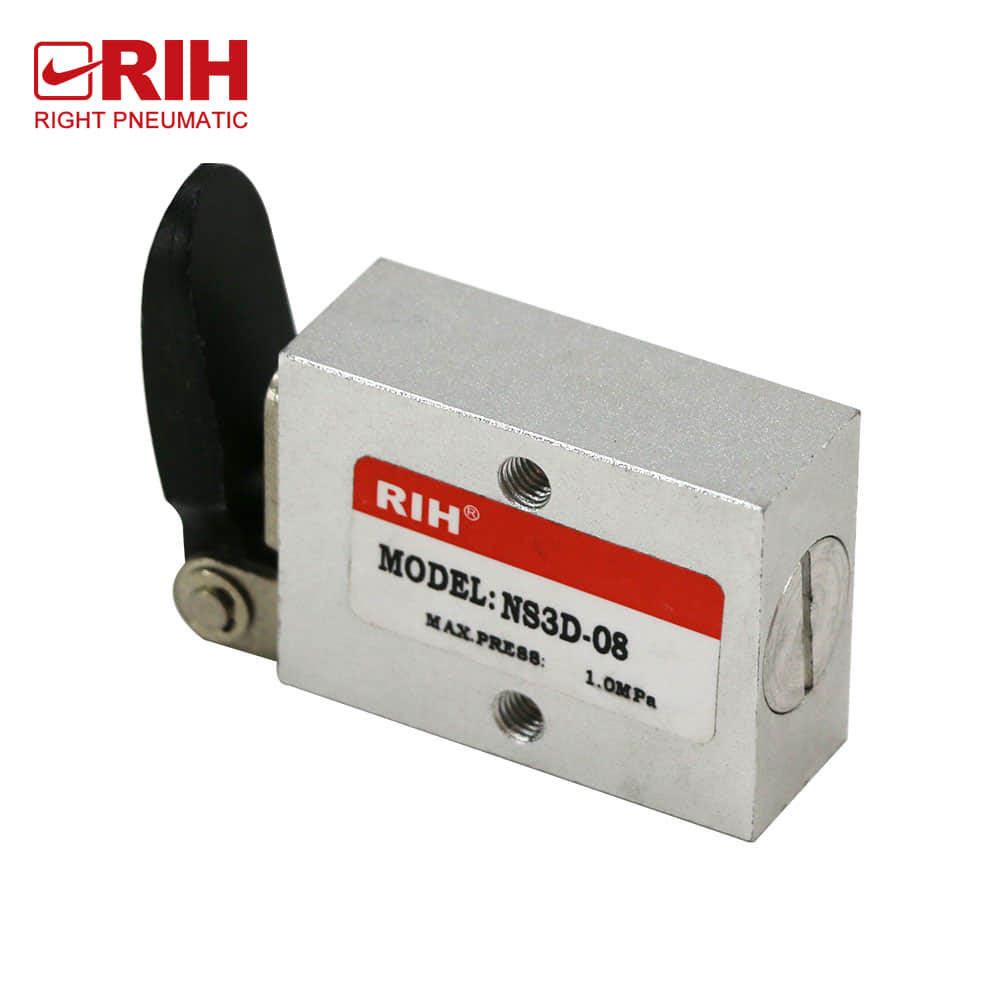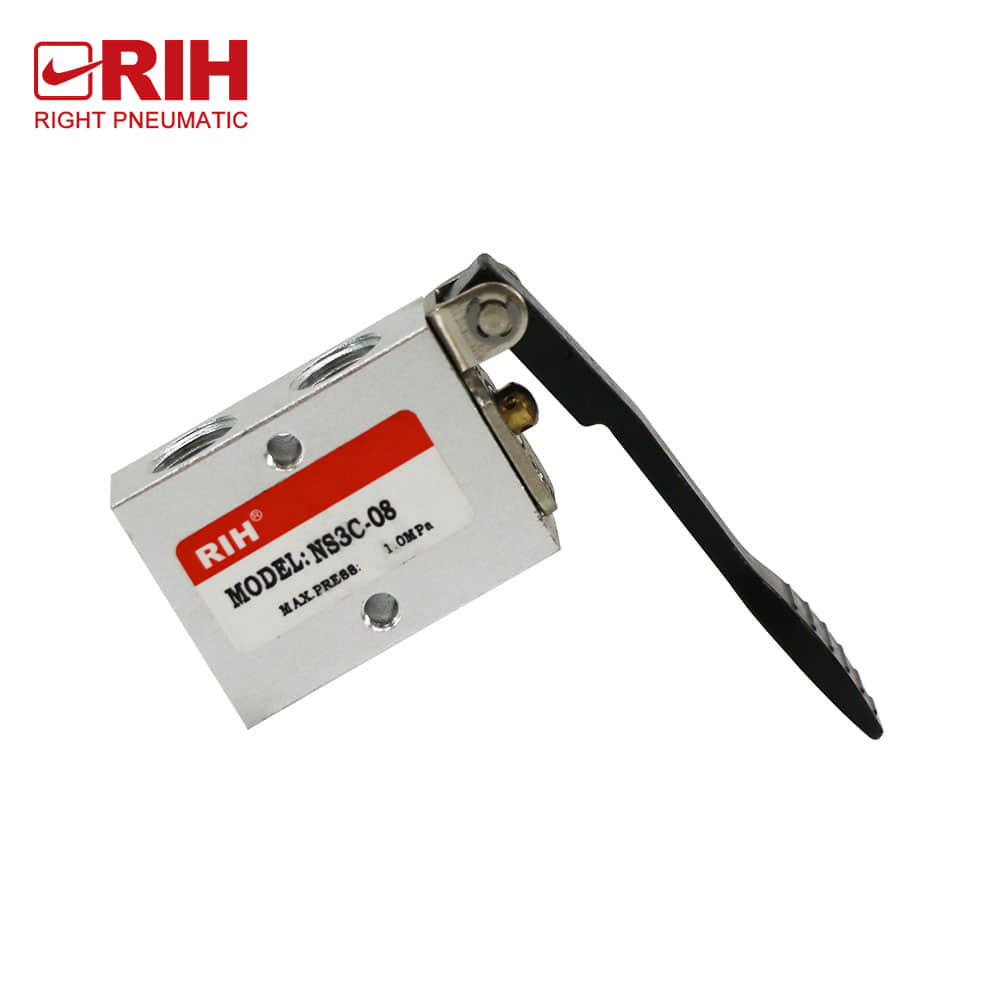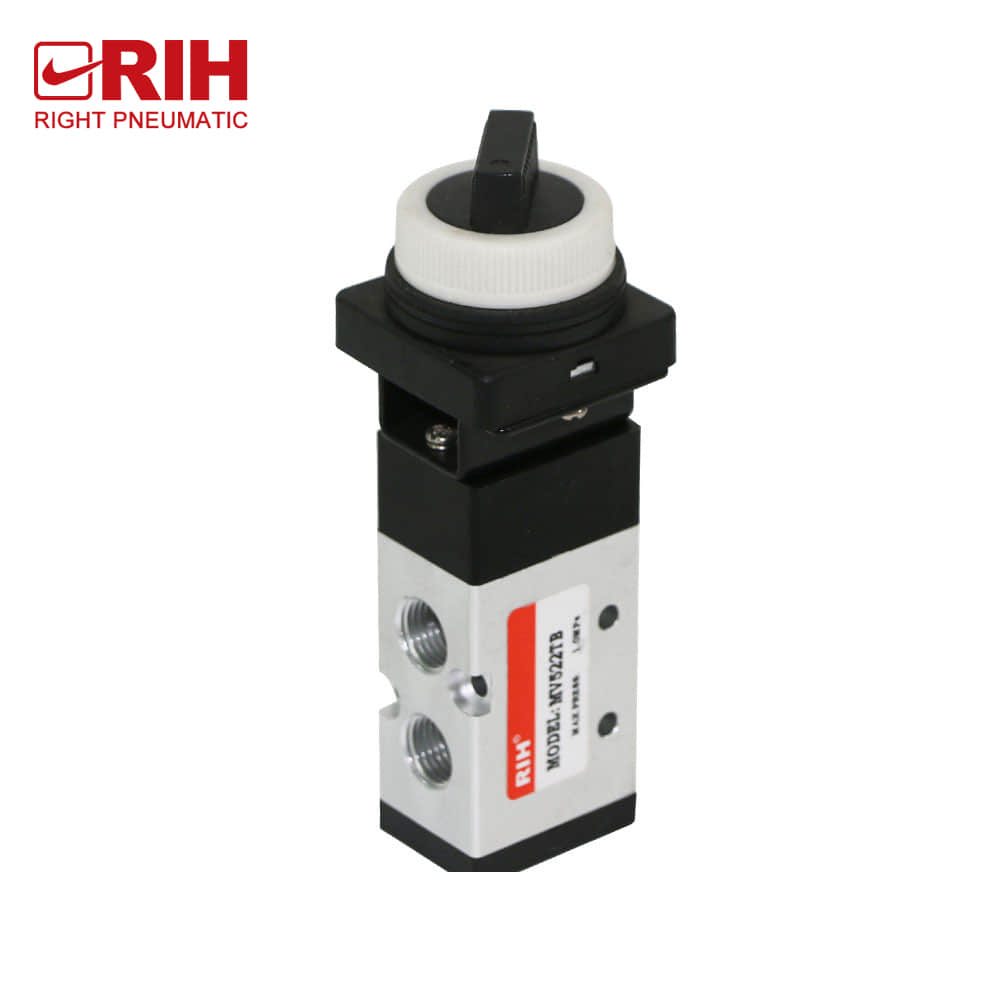Solenoid Valve(Air)
Top Solenoid Valve Manufacturers and Suppliers
1. Emerson Electric Co.
Headquartered in Missouri, USA, Emerson Electric Co. is renowned for its innovative solutions in the solenoid valve market. Their products are known for reliability and are widely used in industries ranging from oil and gas to pharmaceuticals.
2. Parker Hannifin Corp.
Based in Ohio, USA, Parker Hannifin Corp. offers a broad range of solenoid valves that cater to various industrial applications. Their focus on precision and durability makes their products highly sought after in the market.
3. Danfoss
Originating from Denmark, Danfoss is recognized for its energy-efficient and sustainable solutions. Their solenoid valves are used in applications like air-conditioning, refrigeration, and heating systems.
4. Yueqing Right Pneumatic Co., Ltd. (RIH)
Founded in 2003 and based in China, RIH has established itself as an china solenoid valve manufacturer. With a strong focus on R&D, RIH offers a range of high-quality solenoid valves, pneumatic actuators, and air treatment units. Their products are known for their top-level performance and quality, meeting the dynamic needs of industries such as textile, chemical, and power generation. RIH’s commitment to first-class products and customer satisfaction makes them a preferred choice for businesses seeking reliable pneumatic solutions.
5. ASCO Valve, Inc.
A subsidiary of Emerson Electric Co., ASCO is a global leader in solenoid valve technology. They provide a wide variety of valves designed for precise control in various applications, including medical, industrial, and food processing.
6. SMC Corporation
Headquartered in Japan, SMC Corporation is a global giant in pneumatic technology, including solenoid valves. Their products are known for innovation, quality, and performance, catering to a wide array of industrial applications.
7. Festo AG & Co. KG
Based in Germany, Festo specializes in pneumatic and electrical automation technology. Their solenoid valves are integral to their comprehensive range of automation solutions, known for precision and reliability.
Pneumatic Solenoid Valve Manufacturers-RIH
In the intricate world of industrial automation, the efficiency of your pneumatic system often rests on the quality of its components. Among those, solenoid valves act as the gatekeepers of fluid control. At RIH (Yueqing Right Pneumatic Co., Ltd.), we understand the vital role these valves play, and we deliver nothing short of excellence.
Why Choose RIH for Your Pneumatic Solenoid Valves?
Premium Quality
Engineered with superior materials and tested rigorously, our solenoid valves exceed the industry standards. Whether you're in textiles, chemicals, or electric power, you can bank on RIH for unparalleled quality.
Customization at its Best
Every industry has unique requirements. Our in-house team of experts provides OEM services to ensure that the valves integrate seamlessly into your specific operational setup.
Comprehensive Product Range
From 2/2-way to 5/2-way valves, our portfolio covers a wide spectrum, ensuring you find the perfect match for your application.
Expert Support
With a devoted team of industry experts, we offer extensive consultation and post-sale support. From installation to troubleshooting, we've got your back.
Cost-Effectiveness
High-quality doesn’t have to break the bank. Our valves offer both robust performance and cost-effectiveness, striking the perfect balance for your budget.
Core Applications of RIH's Pneumatic Solenoid Valves
- Textile Machinery: Seamless integration for fabric handling, dyeing, and weaving operations.
- Chemical Processing: Accurate control for fluid mixing, chemical reactions, and bottling systems.
- Papermaking Industry: Ideal for roll handling, cutting, and alignment processes, where fluid control is essential.
- Electric Power Plants: Reliable performance for switchgear operations and automated control systems.
Air Solenoid Valves
Air Solenoid Valves are electro-mechanical devices that regulate the flow of compressed air in pneumatic systems. When electrically activated, they open or close pathways to control air flow, pressure, or both.
How many types of pneumatic solenoid valves?
- 2/2-Way Valves: Simple ON/OFF valves with one inlet and one outlet.
- 3/2-Way Valves: Equipped with one inlet, one outlet, and one exhaust port.
- 4/2-Way & 5/2-Way Valves: Used in more complex systems, offering additional ports for greater control.
How do I choose a pneumatic solenoid valve?
Key Factors to Consider
Application Requirements
- Type of Medium: Is it just air, or are you dealing with other gases or fluids? The valve material and design may differ based on the medium.
- Flow Rate: How much air or fluid needs to flow through the valve? A mismatch here can lead to inefficiency or malfunction.
Valve Type
- 2/2-Way, 3/2-Way, or 5/2-Way: The number of ports and positions will depend on your specific application needs.
Operating Pressure
- Pressure Range: Each valve comes with a specific operating pressure range. Make sure it matches your system’s requirements.
Power Supply
- Voltage and Current: Choose a valve that is compatible with your electrical system.
Material
- Corrosion Resistance: Especially important in chemical or high-moisture environments.
What is the difference between pneumatic valve and solenoid valve?
Pneumatic Valves
Definition
- What are they?: These are valves that are operated by compressed air.
Mechanism
- How do they work?: Actuated by pneumatic pressure, generally from an air cylinder or similar pneumatic actuator.
Control Type
- Manual or Automated: Can be either manually operated, or triggered by air pressure.
Complexity
- Simplicity: Generally less complex when it comes to electrical components.
Applications
- Where are they used?: Suitable for larger-scale industrial applications where air supply is abundant, such as manufacturing plants, chemical plants, and more.
Customization
- Versatility: Can be easily integrated into existing pneumatic systems.
Solenoid Valves
Definition
- What are they?: These are electromechanically operated valves.
Mechanism
- How do they work?: Actuated by an electrical coil, which creates a magnetic field when electrified.
Control Type
- Automated: Generally automated, controlled by an electrical signal.
Complexity
- Intricacy: Involves more intricate electrical components and is often smaller in size.
Applications
- Where are they used?: Commonly used in more compact systems or where electrical control is preferred, such as in medical equipment, household appliances, and automotive systems.
Customization
- Precision: Offers higher precision in control, suitable for more delicate or complex tasks.


